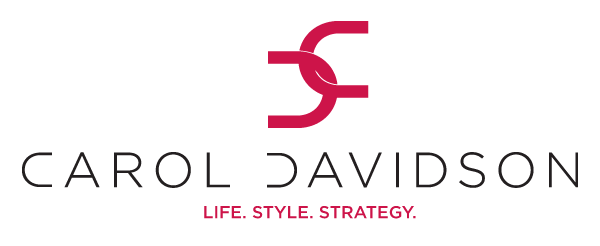How to Accept Constructive Feedback
We all receive feedback at some point. Sometimes it can be a tough pill to swallow. How do you respond to less-than-favorable feedback? Do you look at is as an opportunity to learn and grow? Or do you take offense and/or take issue with the person who is delivering it? Although it may not seem like it at the time, constructive feedback is key in helping you grow personally and professionally…But that’s only if you see it for the gift it truly is. Read on for some healthy hints on how to receive feedback it in the spirit in which it is intended.
Respond without Regret
Defensiveness is often a common response to constructive feedback. What starts out as a clarifying question and desire to understand the “why,” can quickly turn into justification and excuse-making. Believe me, I get it. However it is important to recognize that it is rarely helpful and can, in fact, make a tense situation worse. Instead of being defensive in the moment, simply test your understanding by repeating back what believe you heard. Remember that many people are as uncomfortable giving constructive feedback as you are receiving it. As a result they may have difficulty getting to the heart of the matter. Make it easier on them and you by being open to what they have to say.
Take your Time
Feedback is best processed, rather than immediately accepted or rejected so take time to noodle on it. It is important to separate out what was said versus your reaction to what was said. While it’s the content of the critique that’s most important, don’t negate the emotions that come up. Just don’t be driven by them. Instead process through what you are hearing and feeling and then ask yourself what actions you want to take (or not take). The time to process may take a few hours or a few days. Either way, it is better to take your time than to respond in haste.
Evaluate with Objectivity
Consider the messenger and the nature of the feedback. Is the person who delivered the feedback a credible source? Is this something you already identified as a challenge? Is it completely new information or something that you have heard before? If the feedback is coming from a person you respect and/or if you have received similar feedback in the past, chances are it is worth considering. Try to put your ego aside and objectively evaluate your options. It boils down to this. You can ignore the feedback and continue on as you have before or you can use it to make a change and better yourself. Look at the pros and cons and ask yourself which choice serves you best.
Close the Loop
If you have come to the conclusion that the feedback is valid and have made adjustments, kudos to you. If you didn’t do it at the time, circle back with the person who gave you the feedback and thank him or her for sharing their insights. Let the person know that you heard them and have taken steps to make changes. If they aren’t aware of it, proudly share your progress and the impact that it has had. You might even ask for additional feedback to ensure that you are on the right track. By demonstrating that you are open, you create a safe space for others to share information to help you be your best.
The truth is that there are times we can’t see our own shortcomings. But there is no need to stay in the dark. Constructive feedback has the power to shine a light on the areas we need to improve…if we’re willing to take a look. So take it in stride and consider the bright side.






